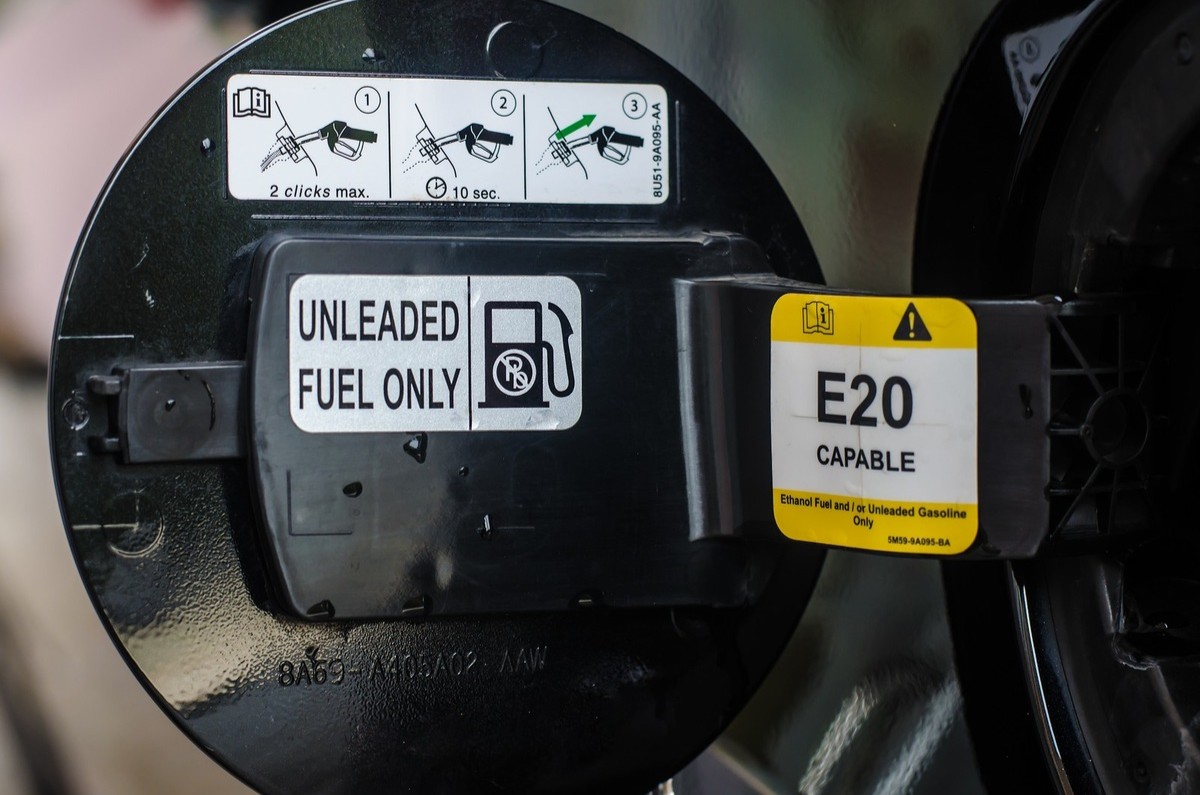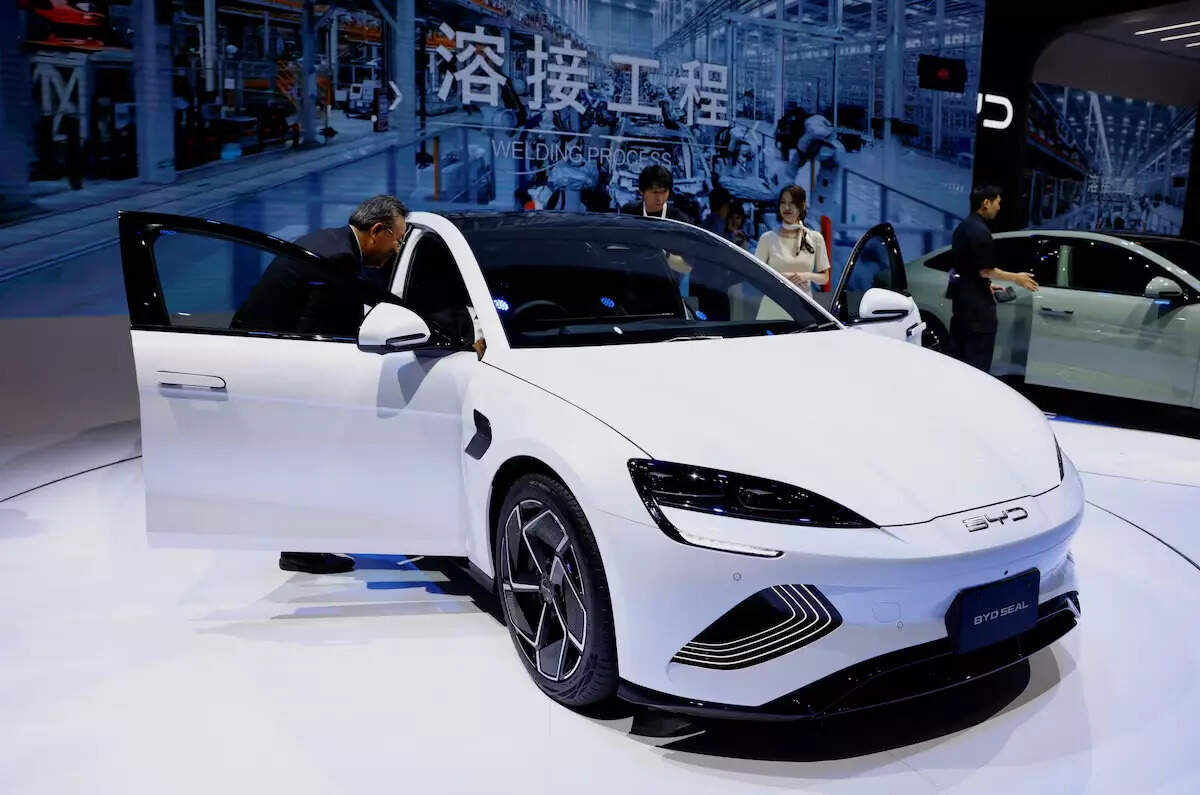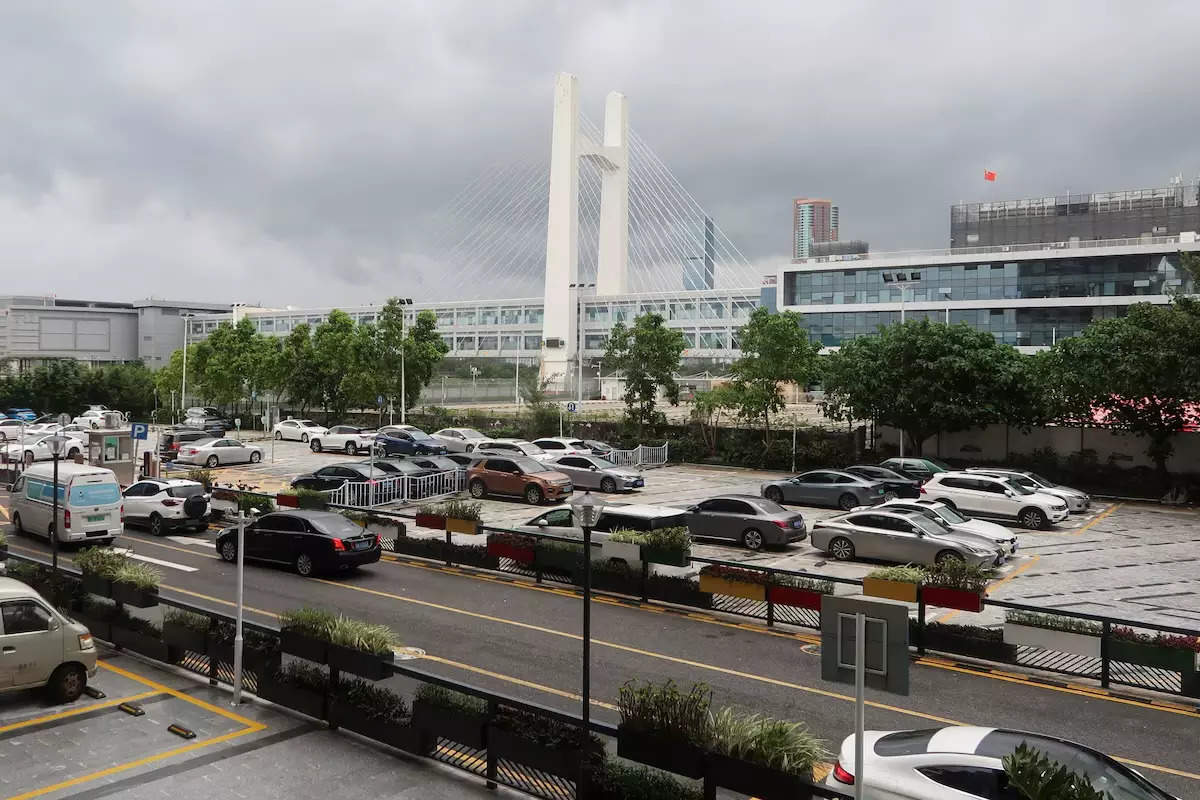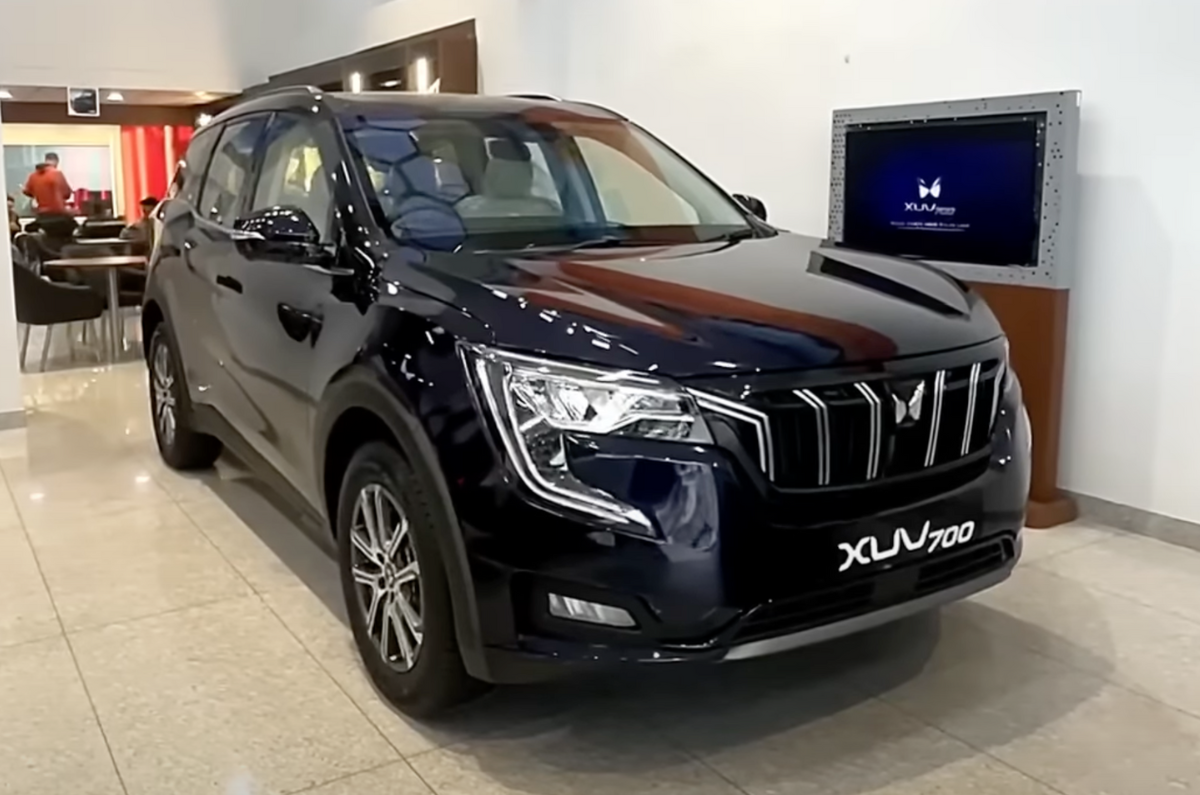
With E20 compliance mandates set to go into effect in the coming months, Prime Minister Narendra Modi recently took to the stage at the India Energy Week conference in Delhi and promised that India will achieve 20 percent ethanol blending in petrol before October 2025. Petrol is currently being blended with 19 percent ethanol in India, which has “saved foreign exchange,” generated “substantial farmer revenue,” and “significantly cut CO2 emissions,” claims the Prime Minister.
Upcoming E20 compliance norms explained
The Indian government had initially committed to 20 percent ethanol blending in petrol by 2030, but later preponed the target to 2025-26. Carmakers operating in India will be required to manufacture E20-compliant combustion engines, including those in hybrid powertrains, starting April 1, 2025. Honda is the latest company to secure E20 compliance for its model portfolio, joining the likes of Maruti Suzuki, Skoda, Hyundai, Volkswagen, Kia, and more.
Ethanol, E20 fuel explained
Ethanol is a primary biofuel that’s produced either through the fermentation of sugars by yeasts or via petrochemical processes like ethylene hydration. An E20 fuel blend is a mixture comprised of 20 percent ethanol and 80 percent petrol. E20-compliant engines come equipped with reinforced components, as ethanol can corrode rubber and soft metal parts over time.
The government is championing ethanol blending in a bid to reduce India’s dependence on imported fossil fuels and boost the incomes of sugarcane and maze farmers. Moreover, a roadmap for ethanol blending in petrol beyond 20 percent is also under consideration by the government.
Also see:
Tata Punch could be brand’s first flex fuel vehicle
Hyundai Creta 1.0 Flex Fuel shown at Auto Expo 2025
‘Flex fuel availability key for commercial production of compatible cars’: Maruti MD


























































